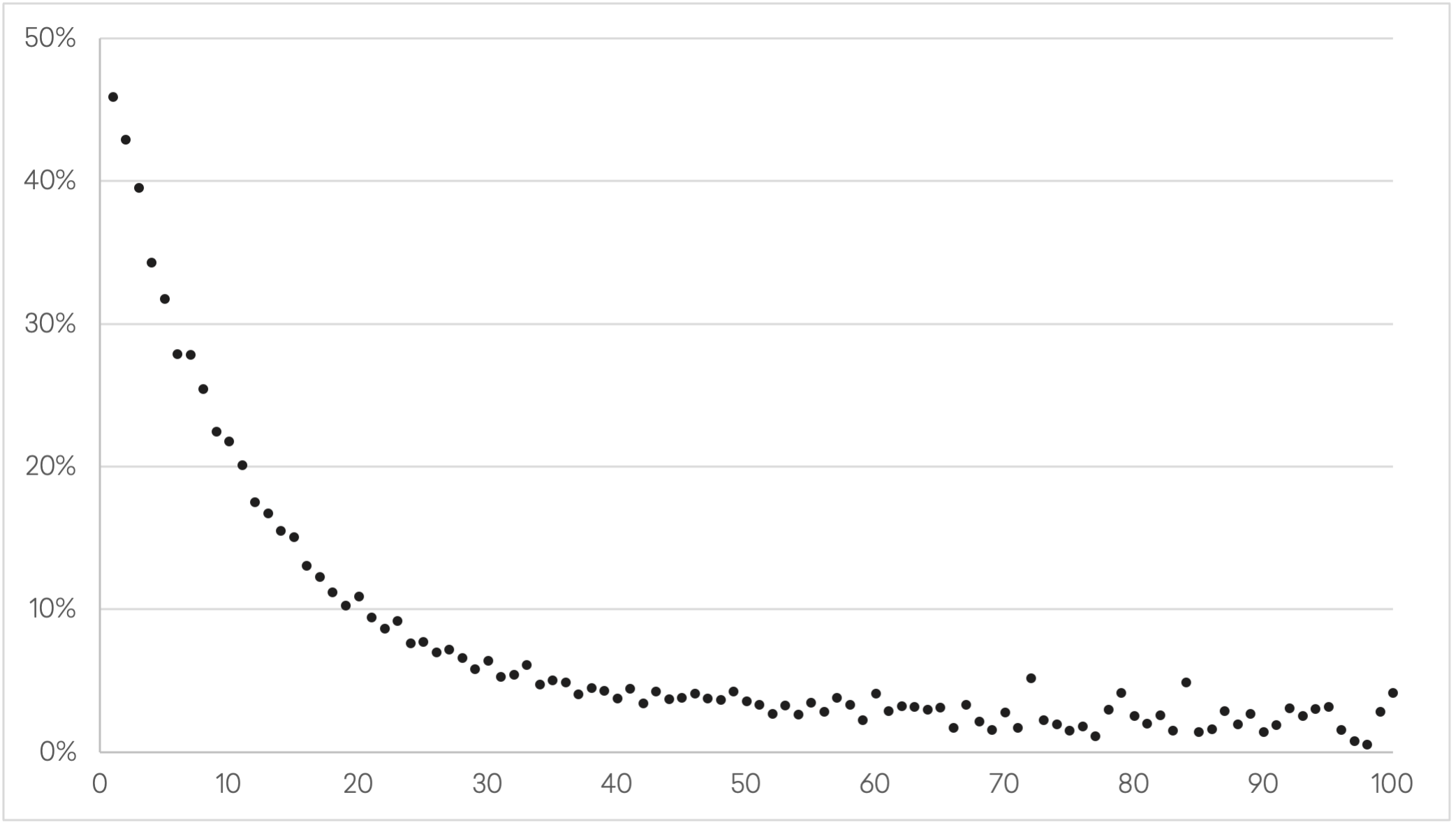When we talk about SEO, it’s easy to picture the classic search results page: blue links, ranking battles, incremental gains. Whether you’re a CMO or an SEO though, we’re sure you know that that landscape is shifting quickly, with generative LLMs like ChatGPT, Gemini and Perplexity providing increasingly convenient ways to retrieve information – fast.
And yet their potential goes far beyond boosting your productivity at work. They’re also gateways for audiences to research and discover brands and products, and they’re sending highly qualified traffic to the websites lucky enough to be cited by them. But this has left lots of brand stakeholders with one two three endless questions. How do I make sure my product appears in relevant AI content when my audience is reading it? Will I ‘rank’ well in AI search if I rank well in traditional search? And how on earth do I update my SEO strategy to include ‘GEO’?
The answer: ask your friendly local Data Scientist, and hook them up with a team of excited, seasoned SEO experts to analyse the results. Let’s get into it.

